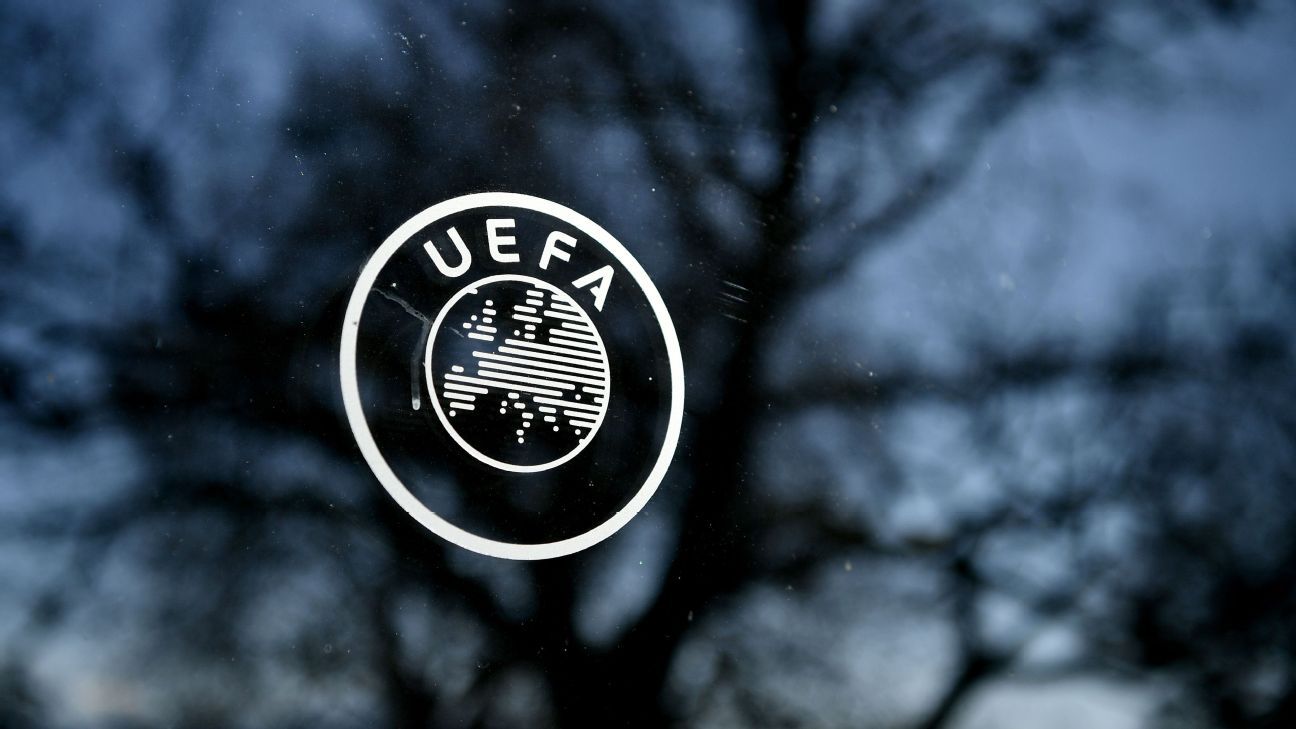
Wales against Australia on Sunday should be the match that decides who finishes top of Pool D.
The two sides have played one World Cup game each so far, with Wales beating Georgia 43-14 and the Wallabies overcoming Fiji 39-21.
Now the group's top seeds go head-to-head in Tokyo, renewing a rivalry that has produced some nail-bitingly close encounters in recent years.
Wales triumphed in the latest meeting, winning 9-6 in Cardiff last November.
Before then, however, Warren Gatland's side had suffered 13 successive defeats against Australia, a sequence of results stretching back to 2008.
Gatland and his players say last year's victory has renewed their confidence for this fixture, while Wallabies head coach Michael Cheika believes Wales are the favourites.
Wales are unchanged from their win over Georgia, with Alun Wyn Jones set to win a record 130th cap, surpassing the previous mark set by Gethin Jenkins.
Wales were ranked number one in the world as recently as August, while their Six Nations Grand Slam earlier this year coincided with a record 14-match winning run.
Australia also came into this World Cup in fine form, having beaten New Zealand 47-26 - a record margin - in the Rugby Championship last month.
Their preparations for this match have been disrupted by the suspension of wing Reece Hodge because of a dangerous tackle but, with the vastly experienced Adam Ashley-Cooper taking his place, the Wallabies remain a potent threat.
There are three other changes to the team which beat Fiji, with the accomplished and seasoned half-back pairing of Will Genia and Bernard Foley recalled, while Dane Haylett-Petty replaces Kurtley Beale at full-back.
There is one alteration on the Wales bench as centre Owen Watkin comes in for full-back Leigh Halfpenny to offer cover for Hadleigh Parkes, who starts despite breaking a bone in his hand against Georgia.
The teams
Wales: L Williams; North, Jonathan Davies, Parkes, Adams; Biggar, G Davies; Wyn Jones, Owens, Francis, Ball, Alun Wyn Jones (capt), Wainwright, Tipuric, Navidi.
Replacements: Smith, Dee, Lewis, Shingler, Moriarty, T Williams, Patchell, Watkin.
Australia: Haylett-Petty; Ashley-Cooper, O'Connor, Kerevi, Koroibete; Foley, Genia; Sio, Latu, Alaalatoa, Rodda, Arnold, Pocock, Hooper (capt), Naisarani.
Replacements: Uelese, Slipper, Kepu, Coleman, Salakaia-Loto, White, To'omua, Beale.
Officials: Referee, Romain Poite (France); Assistant referees, Luke Pearce (England), Karl Dickson (England); TMO Ben Skeen (New Zealand).
What they said
Wales head coach Warren Gatland: "We have not really looked too far ahead. If you do get out of the group, all quarter-finals are going to be pretty tough. It is about taking one game at a time and trying to build and create momentum.
"We feel as if we are a team who are capable of doing that, the longer we go in tournaments we feel as if we get better and more cohesive.
"It is a pretty good start in the first game. It is going to be a tough Australian team, but we have had some close battles in recent times and were good enough to get a win last time.
"We have trained well this week and the guys have definitely gone up a notch in intensity. I think it's going to be a great game."
Australia head coach Michael Cheika: "I've been privileged to be part of a few of these now and they're always very tight. For my first Test match in charge of Australia I had the privilege of going to Cardiff.
"We like to run with the ball, they like to play a lot of counter-attacking footie sometimes and they're great defenders as well. We've got very contrasting styles.
"The one thing you see in these games is full commitment from all players on both sides, which makes them tight. It's an interesting sort of battle - last year there was a fair bit of ball movement, but nobody scored a try.
"Once you start having a series of close games, they almost become self-fulfilling prophecies because everyone sort of knows what's going to happen. It's a good rivalry."
The ground
This will be the third match of the 2019 Rugby World Cup to be played at the large, bowl-shaped Tokyo Stadium, which hosted the opening game between Japan and Russia and will also stage the third-place play-off.
Used for football and rugby union, the stadium opened in 2001 and has a capacity of 49,970.
Tokyo Stadium was originally built for athletics as well as football and rugby and, although its focus on football means a track was not built around the pitch, it is a long way from the touchline to the stands.















 Phone: (800) 737. 6040
Phone: (800) 737. 6040 Fax: (800) 825 5558
Fax: (800) 825 5558 Website:
Website:  Email:
Email: 






